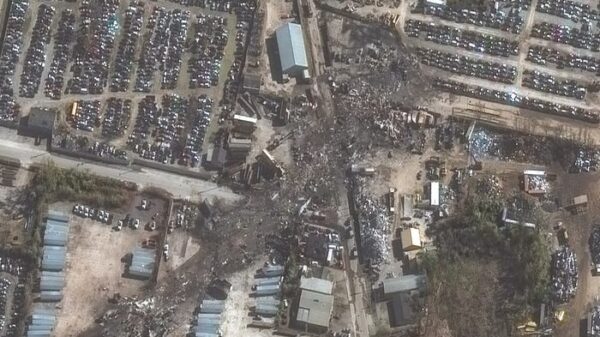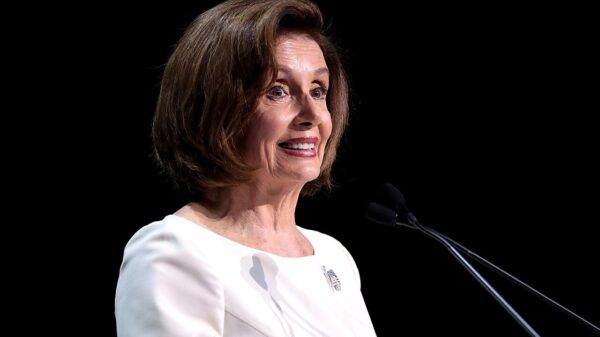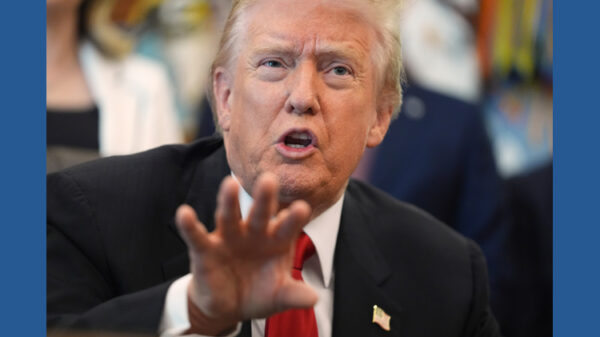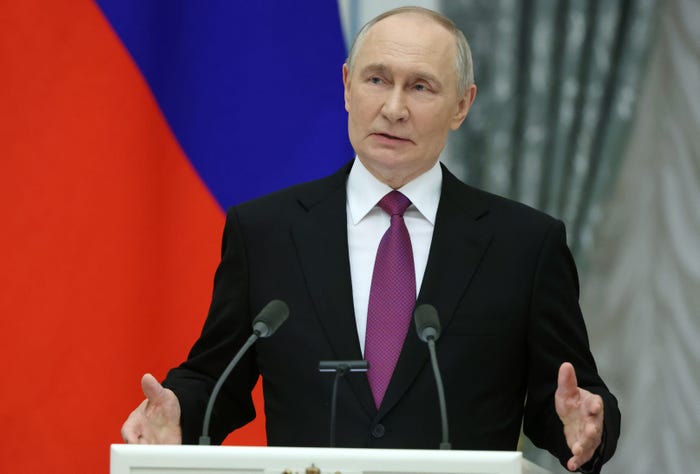UPDATE: Russia’s oil revenues have plunged 27% in October 2025, just as new US sanctions come into effect, adding unprecedented pressure on the Kremlin’s finances during a critical time. Official data from the Finance Ministry reveals that Moscow collected only 888.6 billion rubles (approximately $10.9 billion) in oil and gas taxes, a steep drop from 1.2 trillion rubles in October 2024.
This major decline happened as the US Treasury Department intensified sanctions targeting Russia’s largest oil companies, Rosneft and Lukoil, which together account for nearly 3 million barrels per day—almost half of Russia’s seaborne oil exports. The sanctions coincide with a stronger ruble and persistently weak crude prices, further squeezing the Kremlin’s war chest amidst ongoing conflict in Ukraine.
Over the first ten months of 2025, Russia’s oil and gas revenues totaled 7.5 trillion rubles, down from 9.5 trillion rubles during the same period last year, marking a staggering reduction of 2 trillion rubles or 21%. The timing of these sanctions could not be worse for President Vladimir Putin, as his administration grapples with increasing fiscal strain from the ongoing war efforts.
Despite initial market concerns that sanctions might restrict global supply and elevate oil prices, the reality has been different. Current prices reflect a downward trend, with US West Texas Intermediate futures trading around $60 a barrel and Brent crude near $64, both down nearly 15% this year due to oversupply and sluggish demand.
Market analysts predict that Russia will need to offer steeper discounts to maintain its oil sales amidst rising compliance risks. In a recent report, Bridget Payne, head of energy forecasting at Oxford Economics, stated, “The impact is likely to fall more on pricing than availability, with Russia having to offer wider discounts to compensate buyers for higher legal and logistical risk.”
While Russia has managed to reroute some of its crude through a “shadow fleet” and non-Western financial channels, the ongoing sanctions are expected to create a sanctions premium on Russian crude that will reduce Moscow’s net revenue.
The economic outlook for Russia remains precarious. According to the Economic Development Ministry, the economy grew just 0.6% year-on-year in the third quarter of 2025, a significant slowdown from 1.1% in the second quarter and 1.4% in the first quarter. This downturn follows a wartime boom fueled by significant defense expenditures and government subsidies.
As the US continues to tighten sanctions, the implications for global energy prices and the geopolitical landscape remain uncertain. The international community watches closely, as the situation develops and affects markets worldwide.
Expect further updates as this story unfolds and the impact of these sanctions on Russia’s economy continues to be assessed.




































































